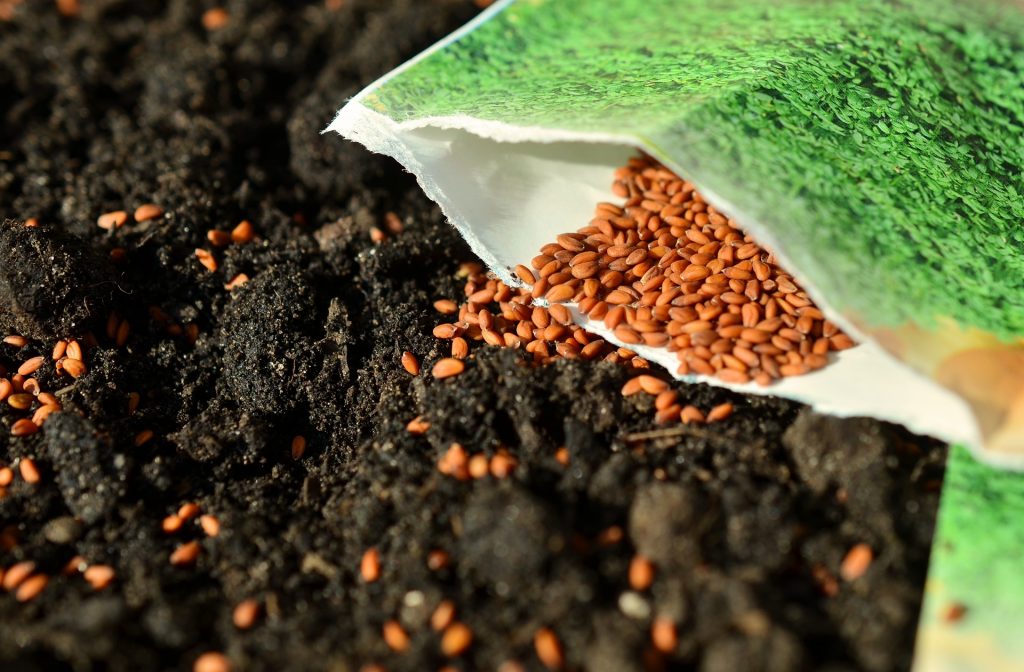
(Photo courtesy of pixabay.com)
Whether they occupy those little seed packets in grocery, hardware and variety stores, or large containers for transit, hundreds of seed varieties are produced on California farms each year. They are sewn in dozens of countries to produce everything from flowers to food products, and they are a significant part of the state’s agricultural economy.
Separating the seed side of producing typical California crops is difficult, but best estimates put the contribution of seeds to the state’s economy each year at about $500 million.
As much as 25 percent of all the alfalfa seed used in the world is produced on California farms, and shipped to production areas around the globe every year. The California industry does a brisk business in seeds for growing several of the cucurbit crops, sunflowers, beans and wheat. Mid America’s corn and wheat states rely heavily on seeds supplied by California farmers.
The state’s seed association includes about 200 growers operating from the Imperial Valley to Butte County supporting an industry that functions year around. A concentration of growers is located in the Santa Clara Valley, where moderate weather conditions support year-long production of seeds for several crops.
Major seed companies, such as those identified on those little seed packets, contract with growers annually, often helping them with equipment at harvest time, and guiding them with rigid requirements to ensure high germination rates and quality production. Self imposed quality standards are high, and growers know that a 25 percent failure rate of the seeds they supply means they will be looking for a different buyer for their seed crop next year.
Cotton seed enjoys a strong worldwide demand, and California’s expected production of 300,000 thousand acres in 2019 fortifies the possibility of a dependable seed supply. Of course, a reliable quantity of irrigation water is basic to cotton production.
One of the leaders in the quantity of seeds produced is sunflowers. Grown heavily in Butte County, the seeds are largely for sale to growers in other states who produce seeds sold for human consumption, either separately or in combination with other ingredients for snack and trail mixes. Only limited quantities of sunflower seeds produced in California find their way directly to food producers.
About 700 companies operate in California as sellers of seeds produced here. They buy, bag and tag seeds they procure from growers throughout the state.
The California Crop Improvement Association is a nationally recognized and respected organization that helps ensure that seeds produced here are true to type and of high quality. Its staff members walk the fields of seed producers, assuring that all quality standards are being met. At harvest time they take samples of lots produced in the field and grow them in greenhouse conditions to assure that they are “true to type” and possess the necessary characteristics.
Seed production in California has maintained stability through many years, and appears to be increasing at a gradual and manageable rate.
With so many tree and vine crops flourishing it is easy to lose track of the many crops in California and around the world that are produced the old fashioned way annually from seed. California plays a major role in producing seed for dozens of those crops. It has been doing it quietly for many years, and expects to continue and even expand that aspect of essential food production.
You might say the production of seeds in California is a significant contributor to the state’s reputation for helping feed a hungry world.








